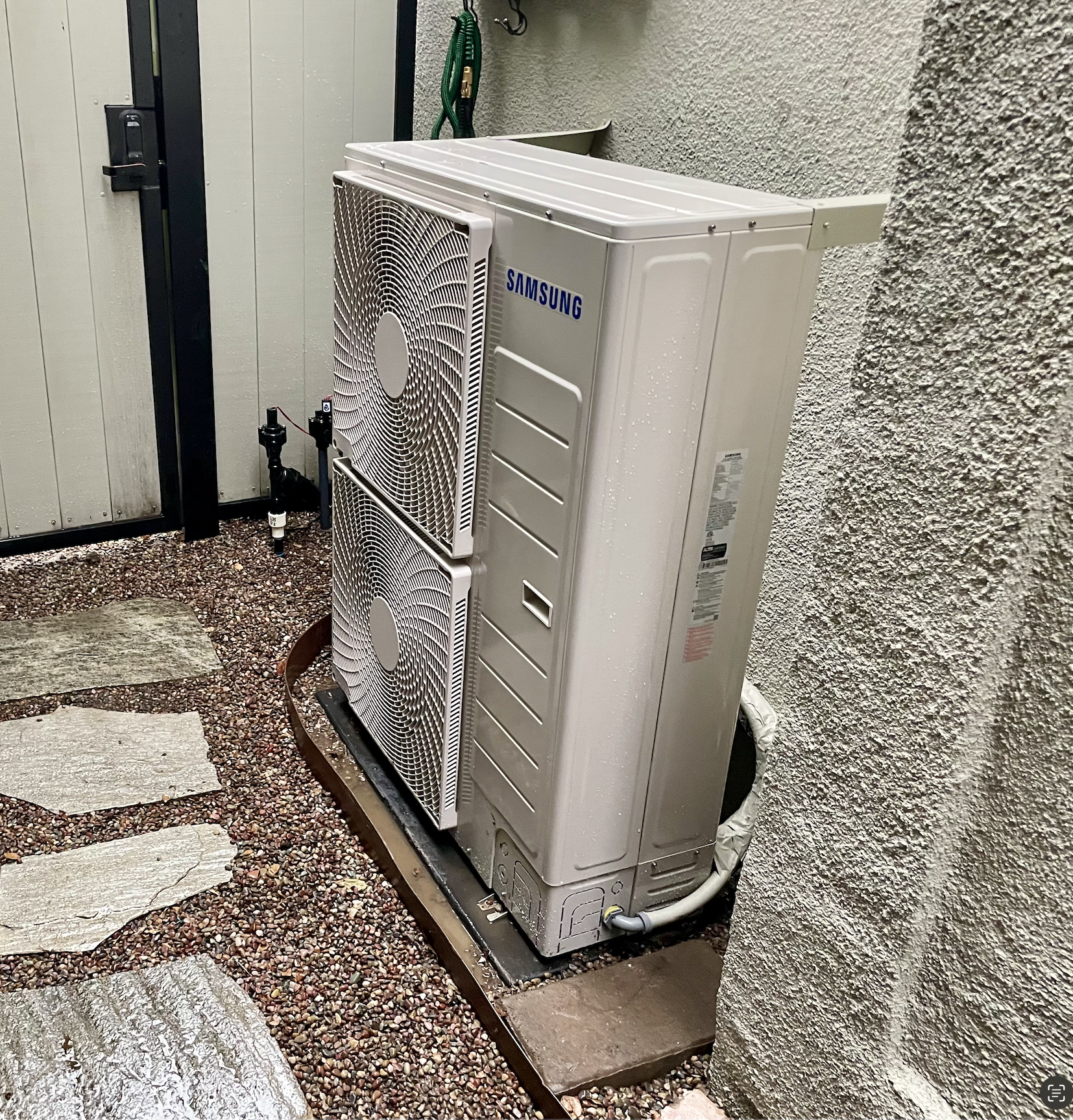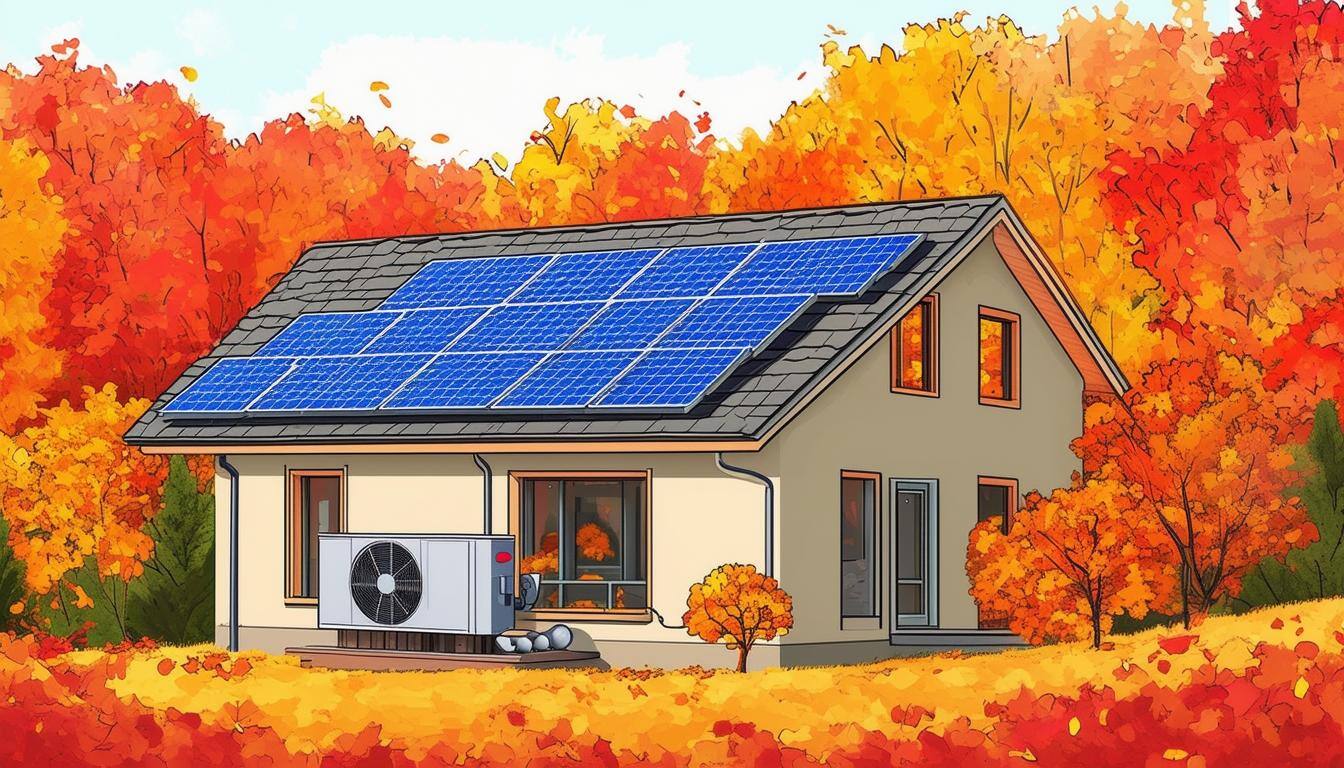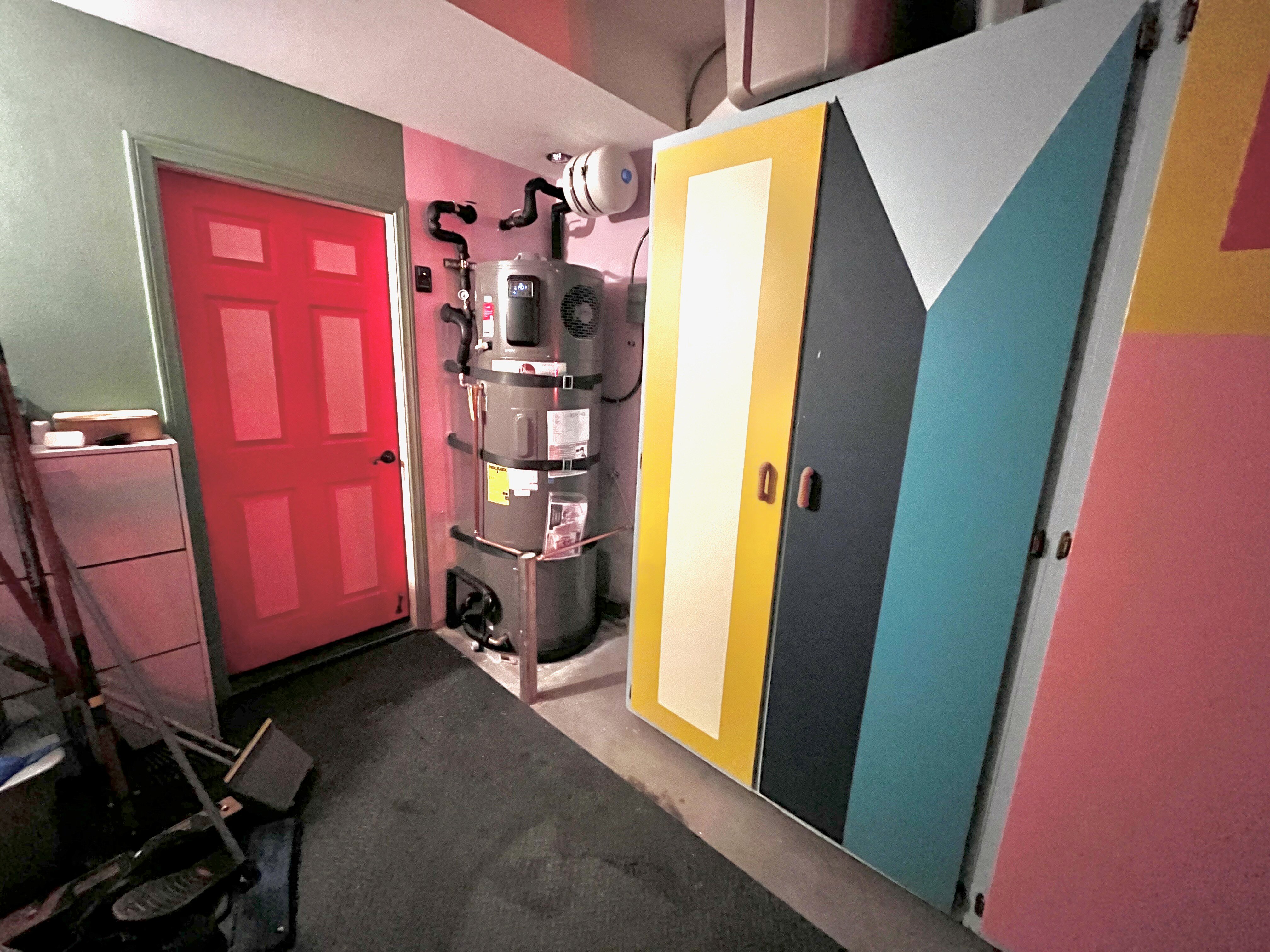How to Deal With High Propane Costs
This year is likely to see another season of costly energy expenses, particularly for propane.
In general, the average expense for heating a U.S. home likely rose by over 17% in 2022-23, according to the National Energy Assistance Directors Association. Propane costs rose by about 5%. That might not seem like much. However, considering there has been a minor decline in wholesale propane prices since March 2022, remember that this increase is on top of enormous price hikes in the last two seasons (prices almost doubled from 2020 to 2021). While this was not as bad as some experts feared heading into the winter, the bottom line is heating costs are only getting more expensive.
This guide explains why propane prices are increasing and what alternatives you can use to heat your home.
Why Do Propane Costs Keep Rising?
The propane industry says costs keep rising due to numerous factors.
- Geopolitical tensions — Russia's invasion of Ukraine in 2022 upended energy markets and constricted the supply of propane, natural gas, and heating oil.
- Lack of refinery capacity — Maintenance issues and aging refineries have led to a decline in refinery net production of propane. Propane refinery capacity has declined from its peak in 2014-16 and is remaining stable, even as demand goes up.
- Reduced inventories — Due to the other two factors, US inventories are subject to unexpected reductions similar to the one that occurred after the COVID-19 pandemic in 2020-21.
Between 2020-2021, propane prices doubled. This increase in propane prices is just one aspect of a broader trend of escalating energy costs overall. After that, it's impossible to predict what will happen. The Energy Information Administration found prices were volatile in 2022, and that trend is likely to continue until the world fully moves away from fossil fuels. While propane has been less sensitive to price hikes than natural gas and heating oil due to Russia's predominance in those markets, the costs of propane have still increased substantially over the last three years.
In the end, it's crucial to ensure your home uses energy as efficiently as possible so that price fluctuations have minimal impact on your household. If your home is heated with propane, you've likely been following the propane shortages resulting from the turmoil of 2020. While there were few shortages in 2022-23, some Western states still saw issues with high prices due to an unexpectedly cold winter. At the end of the day, you just don't know what's going to happen. With rising costs, it's still vital for homeowners to learn how to maximize the efficiency of their propane usage.
What's the Current Cost of Propane?
Propane prices vary depending on your location, but at the time this article was written, the U.S. Energy Information Administration reported that the average national cost of propane in recent weeks was around $2.68 per gallon. This represents about a 60% increase over prices in 2020. Experts predict that these prices will remain at this level (or rise) for the foreseeable future.
How does this work out for the average homeowner? A rough estimate suggests that if you're filling up a standard 500-gallon propane tank, you should expect to pay at least $1100 (and likely much more), particularly when factoring in taxes and delivery fees.
How to Keep Propane Prices Down
We've just covered many propane-related factors that are beyond your control, so let's discuss some things you can control. Here are some strategies to keep your energy costs as low as possible until propane prices stabilize:
- Utilize price protection — Sometimes, propane companies offer price protection (also known as a pre-buy plan). The propane company will allow you to lock in a certain price for propane. Even if prices go up, they won't charge you more than the agreed-upon price.
- Invest in a larger propane tank — If you purchase a larger propane tank, you can fill up more propane at a presumably lower cost before the season starts. This will protect you from sudden price changes. You will also pay less in delivery fees.
- Compare prices — Just like buying groceries, propane companies have different prices. Make sure to check who is offering the lowest rate before filling your tank.
- Sign up for budget billing — Depending on your propane provider, you might be able to sign up for budget billing, which allows you to make consistent and predictable payments throughout the year instead of dealing with one or two massive bills during the propane season.
- Check if you're eligible for additional discounts — Your propane company may offer discounts for special criteria, like being a senior citizen or military veteran. You could also apply for private and public rebate programs that encourage the use of propane, which has fewer emissions than heating oil or natural gas.
- Buying in bulk —You might also look into group buying pools in your area, often called propane co-ops. By joining others in your region to purchase propane in bulk, propane dealers may offer better rates than if you were buying individually. This is especially true if you live in an area with multiple propane dealers
Exploring Alternative Heating Options
As propane prices continue to rise, you might consider looking into alternative heating options. These can include:
Electric heat: While electric heating can be more expensive than propane in some areas, it may still be a viable option for those seeking to reduce their reliance on propane. Consider installing energy-efficient heat pumps, which can help lower your overall energy consumption and costs.
Natural gas: In many locations, natural gas is a more affordable alternative to propane. If you have access to natural gas lines, it may be worth investigating the cost of converting your home to natural gas heating. However, natural gas prices are also rising dramatically, so it may not be worth the upfront expense of making a switch.
Solar heating: If you live in an area with abundant sunlight, investing in solar panels can help offset your energy costs by generating electricity for your home. Solar thermal systems can also be used to provide hot water or space heating.
Wood or pellet stoves: If you have access to affordable wood or wood pellets, installing a wood or pellet stove can provide a supplementary heat source, reducing your reliance on propane.
How to Reduce Heating Costs
While negotiating with the propane company or changing energy sources can help reduce costs, it's also important to reduce your household's demand for heat. Here are some ways to improve your home's efficiency and reduce heating costs.
Insulation and weatherization: Improving the insulation and weatherization of your home can help reduce heat loss, which means less energy is needed to keep your home warm. This can result in lower energy bills, regardless of which heating method you use.
Energy-efficient appliances: Replacing older, less efficient appliances with Energy Star-certified models can help reduce your overall energy consumption and save money in the long run.
To fully address these issues, you need to perform an energy audit on your home and ensure your home is properly sealed and insulated.
Step 1: Perform an Energy Audit
An energy audit is a thorough examination of your home's walls, windows, appliances, and more, to identify factors contributing to propane wastage. You can either hire a professional to conduct the audit or do it yourself. Some propane providers and energy-efficiency specialists offer this service, and you might also qualify for a free energy assessment from certain providers. QuitCarbon can connect you with a specialist to perform an energy audit.
Once you receive your energy audit report, you'll know precisely where energy is being lost from your home, and it's time to take action.
Step 2: Ensure Your Home is Properly Sealed and Insulated
Air sealing involves filling tiny holes and gaps that allow heat to escape from your home. These gaps can be found in windows, doorways, or walls. Insulating your home, particularly the attic, helps retain the heat generated by your propane tank. Both of these measures can significantly improve your home's energy efficiency and reduce your propane consumption, resulting in lower energy bills.
Transitioning Away From Propane
Another approach to reducing propane use is transitioning your home away from propane altogether. As we move into 2023, there are more efficient ways to heat your home, and the long-term availability of propane is uncertain.
One standout option is the cold climate heat pump, which is powered by electricity. Heat pumps are efficient, quiet, odor-free, low-maintenance, and do not require fuel delivery. They're also up to three times more energy efficient than traditional heating systems and don't require special home structures or ductwork for installation.
Though heat pumps can be more expensive to install, they typically have lower maintenance costs over their lifespan. By pairing a heat pump with whole-home weatherization measures such as air sealing and insulation, you can create a comfortable, energy-efficient home. Heat pumps are also currently eligible for a tax credit of up to $2,000 under the Inflation Reduction Act.
Frequently Asked Questions About Propane
Is it worth switching from oil to propane?
While switching from oil to propane may save you some money on heating bills, there are better options, such as transitioning to electric home heating with a cold climate heat pump.
Is propane heat safe? How dangerous is propane gas?
Propane is flammable and can produce dangerous byproducts like carbon monoxide if not handled correctly. While the risk of a propane leak is low with proper storage, handling, installation, and maintenance, transitioning to a safer HVAC system like a heat pump is a better option.
Is propane more expensive than natural gas?
Typically, natural gas is cheaper and more efficient than propane. However, natural gas prices are also rising due to geopolitical tensions and lack of refinery capacity, so transitioning to an electric HVAC system like a cold climate heat pump is a better long-term solution.
In conclusion, while propane prices are on the rise, there are several strategies you can employ to manage your energy costs. You can take a "supply-side" route and try to lower the cost you're paying for propane. Alternatively, you can take a "demand-side" route and ensure your home is properly insulated and equipped with energy-efficient appliances. Lastly, you could transition away from propane to a cold climate heat pump or another energy-efficient HVAC system.
Whatever you choose to do, the team at QuitCarbon can help. QuitCarbon has helped hundreds of homeowners make decisions to electrify their homes and improve efficiency. You can receive a free "Electrification Plan" from QuitCarbon that will give you expert recommendations on how to deal with high energy costs. QuitCarbon will then connect you with trusted contractors and specialists that can make your electrification projects a success.



